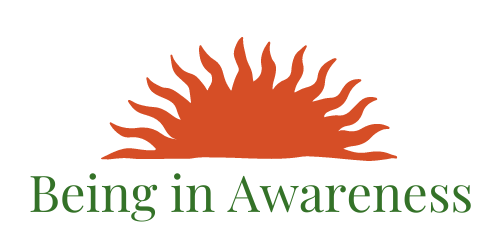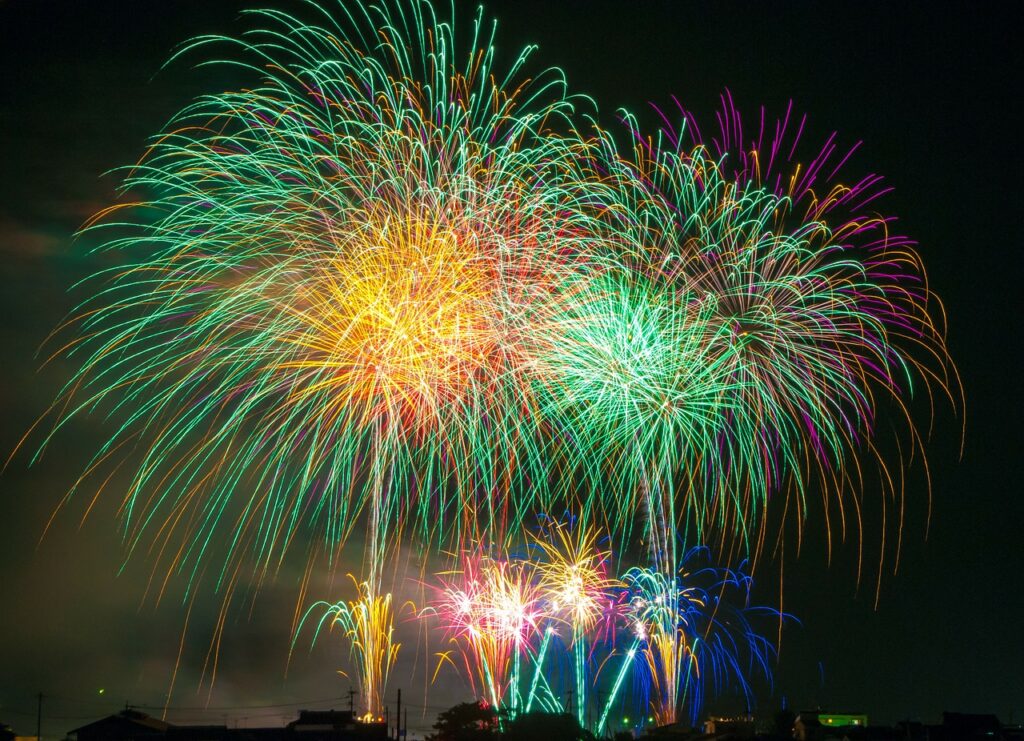There’s a kind of wildness in the air again.
Unrest, protest, outrage—each side blaming the other, convinced that if only they would change, peace would return. But beneath the surface narratives, something older is stirring. Something archetypal. Something that doesn’t belong to left or right, but to the human soul.
Reading Charles Eisenstein’s essay on sacrificial crises and lost festivals, I found myself pausing again and again, not just in agreement, but in recognition. He speaks of a society under pressure—not only ecological or economic, but existential. A society that has lost its rituals for transformation, and with them, its coherence.
In earlier cultures, that pressure would find a channel. There were seasons for wildness, festivals where roles were inverted, grief was danced, chaos was welcomed, and the tight weave of daily life was temporarily unspooled. There were rites of passage for the soul—initiations into adulthood, elderhood, death and rebirth—through which individuals and communities could metabolize transition.
Without these containers, Eisenstein suggests, chaos leaks through the seams of the social fabric. We don’t release tension—we erupt. Riots, symbolic violence, online scapegoating, and ideological fragmentation all become expressions of a deeper unmet need: the need for transformation that is held, witnessed, and made meaningful.
Yet this isn’t only about pressure and release.
There may be another layer still. The unrest we’re witnessing isn’t only a reaction to the absence of ritual—it may become the ritual itself, unconsciously enacted.
In rites of passage, something must break. The known world dissolves. The initiate is no longer who they were, and not yet who they will become. It is a time of disorientation, grief, and sometimes rage.
The wildness that breaks through the cracks isn’t inherently destructive. It carries the potential to be regenerative.
Whether that potential is realized depends on how we meet it.
Is the riot an act of vengeance, a turning against the other? Or is it a cry that says, “This is no longer working”—a call for community to gather, to witness, to reimagine?
When held with presence, wildness becomes initiation.
A community may come together not just to protect what was, but to midwife what might be born. Instead of scapegoating, we could create space for grieving. Instead of a purge, a passage.
The choice is not between order and chaos. The deeper choice lies in how we respond—whether we collapse into unconscious rupture or step into conscious transformation.
Every moment of breakdown contains this possibility.
And perhaps the role of elders, or those walking the path of initiation, is to remember this. To hold the wider view when others forget. To help make space—not for premature fixes or rushed conclusions—but for the sacred mess of becoming.
If we remember how to listen, even a riot may carry a whisper of the sacred.

